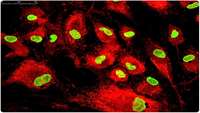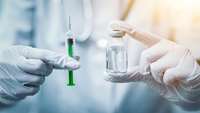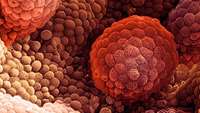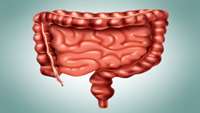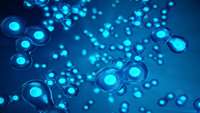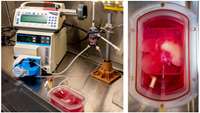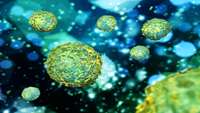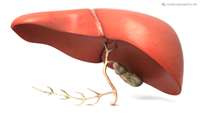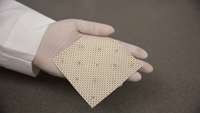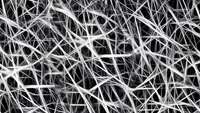Stem-cell based therapy for type 2 diabetes and obesity
An article published in Experimental Biology and Medicine details a new therapeutic strategy for obesity and type 2 diabetes. The study, led by Dr. Bing Wang, Professor in the Department of General Surgery at Shanghai Ninth Peoples Hospital and Shanghai Jiao Tong University School of Medicine in Shanghai, China, reports that transplantation of adipose tissue-derived mesenchymal stem cells improves metabolic balance and reduces inflammation in an animal model.
A small Tampa company is working on a big breakthrough: a cancer vaccine
Tampa scientists Michael and Patricia Lawman imagine a day when cancer could be treated with a single needle prick and no debilitating side effects. And they see it coming sooner rather than later.
Killing the unkillable cancer cells
Countless people are affected by the battle against cancer. Modern treatments can be quite efficient at shrinking the tumor, but too often, they cant kill all the cells, and the cancer may return. With some aggressive types of cancer, the problem is so great that there is very little that can be done for the patients.
Tissue engineering: The big picture on growing small intestines
Some premature babies are born with severely underdeveloped gastrointestinal tracts or can develop diseases like necrotizing enterocolitis, which attacks the intestines. In severe cases, surgical removal of the affected bowels (intestines) must be performed. This can have dire consequences.
Awakening stem cells to unlock the brains regenerative potential
The human body has powerful healing abilities. But treating brain disorders is no easy task, as brain cells—neurons—have limited ability to regenerate. Nonetheless, stem cells are a form of natural backup, a vestige of our days as still-developing embryos.
University of Pittsburgh First to Grow Genetically Engineered Mini Livers
Researchers at the University of Pittsburgh School of Medicine are the first to grow genetically modified miniature human livers in the laboratory, to emulate human liver disease progression and test therapeutics.
Immune find could aid stem cell therapy quest
A discovery of how stem cells are protected from viruses could inform the development of therapies for use in medicine, research suggests.
Liver transplants could be redundant with discovery of new liver cell
In a paper published today in Nature Communications, the scientists have identified a new type of cell called a hepatobiliary hybrid progenitor (HHyP), that forms during our early development in the womb. Surprisingly, HHyP also persist in small quantities in adults and these cells can grow into the two main cell types of the adult liver (Hepatocytes and Cholangiocytes) giving HHyPs stem cell like properties.
Researchers develop electric field-based dressing to help heal wound infections
Researchers at Indiana University School of Medicine have found a way to charge up the fight against bacterial infections using electricity.
Nanofiber-hydrogel composite allows soft tissue to regenerate
A team of researchers at Johns Hopkins School of Medicine has developed a gel that, when injected into test animals, allowed new soft tissue to grow—replacing lost tissue. In their paper published in the journal Science Translational Medicine, the group describes their work developing the gel and how well it worked in test rats and rabbits.


